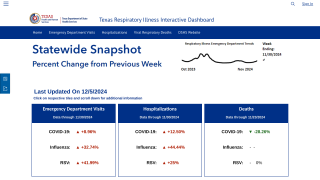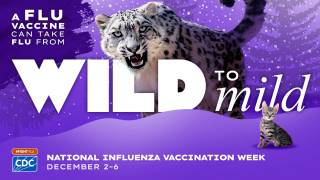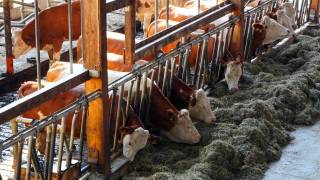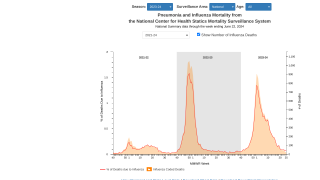Maryland Discovers Swine Flu at County Fair
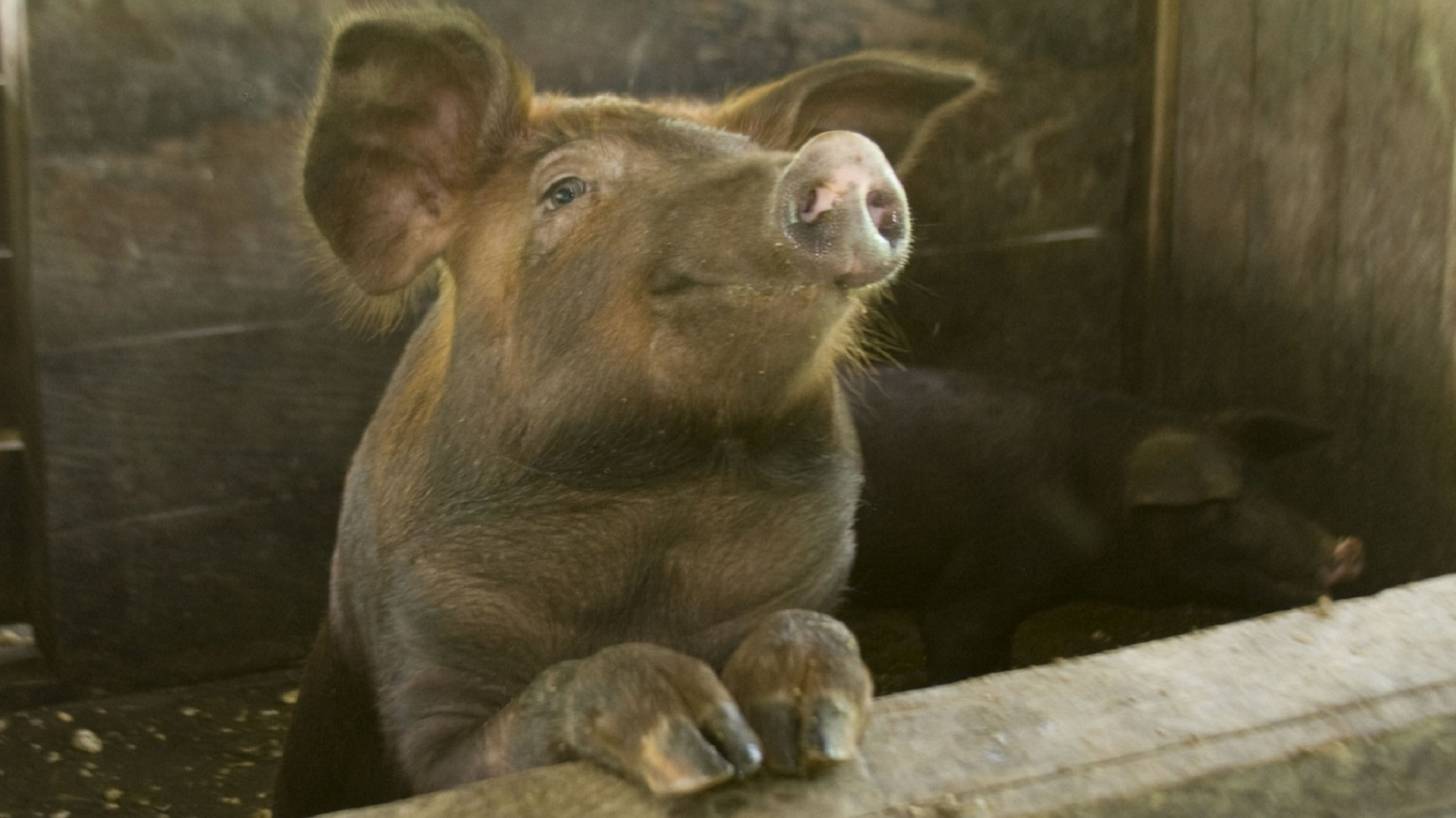
The Maryland Department of Health has identified the influenza virus strain H3N2v in Maryland residents who had close contact with pigs at the Charles County Fair.
None of the infected individuals have developed serious illness or been hospitalized, as of September 20, 2017. Historically, there is limited human to human transmission from this strain of variant flu.
Swine influenza is a respiratory disease of pigs caused by type A influenza viruses that regularly cause outbreaks of influenza in pigs.
Influenza viruses that commonly circulate in swine are called “swine influenza viruses” or “swine flu viruses.”
Like human influenza viruses, there are different subtypes and strains of swine influenza viruses.
But, the seasonal flu shot for humans does not protect people from swine flu.
The main swine influenza viruses circulating in U.S. pigs in recent years have been, swine triple reassortant (tr) H1N1 influenza virus, trH3N2 virus, and trH1N2 virus.
Since 2015 the Centers for Disease Control and Prevention (CDC) have reported 384 H3N2v cases, 20 H1N1v cases and 10 H1N2v cases.
Since H3N2v was first detected in humans in 2011, 376 cases have been reported.
Andrew Bowman, veterinarian with the Department of Veterinary Preventive Medicine at The Ohio State University, is in the midst of a seven-year study of Influenza A Virus Swine (IAV-S) at county fairs.
Bowan reports that on average, at least one animal at 25% of county fairs tests positive for swine flu. It is estimated that 150 million people visit agricultural fairs each year in North America.
Symptoms for the H3N2v strain are the same as seasonal flu and include fever and respiratory symptoms, such as sore throat and cough.
The treatment recommendations for this strain of influenza are the same as for seasonal flu.
The CDC and the National Association of Public Health Veterinarians offer the following information and tips on how fair exhibitors and visitors can stay healthy: IAV-S can pass from animal to animal or animal to human, and spreads from sneezes or coughs that release droplets.
- While most people recover easily from this influenza, those under 5, over 65, pregnant or immune-compromised are most at risk.
- CDC officials are asking these high-risk individuals for severe influenza to avoid swine contact at exhibitions, fairs and other venues; avoiding pigs and swine barns.
- Visitors to hog barns should not drink or eat in the barns and should wash their hands after leaving. Keep the tiny ones out of the hog barns: strollers, pacifiers, bottles and toys should be left out of the barn.
Maryland health officials recommend that people with influenza-like illness contact their healthcare provider and inform them if they have had pig contact within the past seven days.
Providers are advised to contact their local health departments if they suspect variant flu in their patients to coordinate appropriate testing with their local health department. The Charles County Health Department can be reached at 301-609-6900 ext. 6025 and the St. Mary’s County Health Department can be reached at 301-475-4330.
Our Trust Standards: Medical Advisory Committee
- Testing points to a flu virus in 7 fair-goers who had close contact with swine
- Information on Swine Influenza/Variant Influenza Virus
- Ohio Researcher Investigates Swine Flu Risks at Fairs
- Movement patterns of exhibition swine and associations of influenza A virus infection with swine management practices




